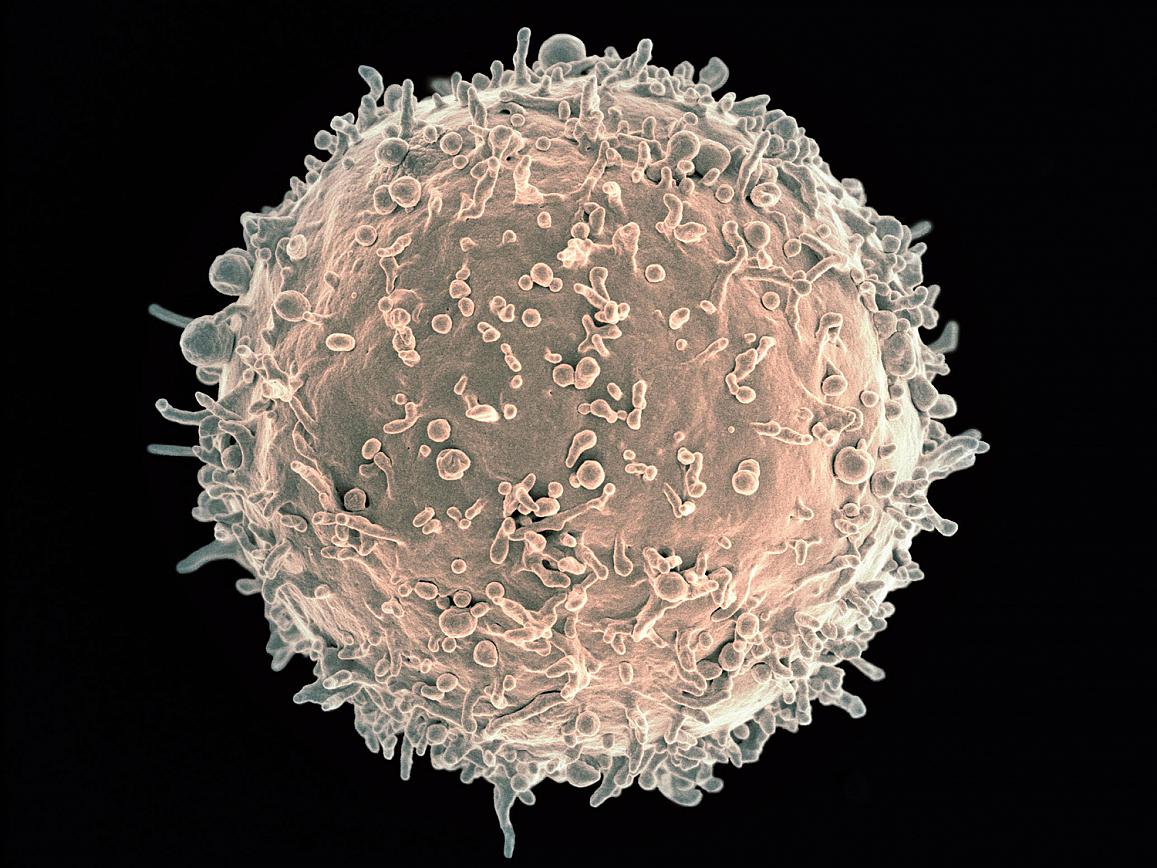During HIV infection, antibody can block B cells from fighting pathogens
For the first time, scientists have shown that in certain people living with HIV, a type of antibody called immunoglobulin G3 (IgG3) stops the immune system’s B cells from doing their normal job of fighting pathogens. This phenomenon appears to be one way the body tries to reduce the potentially damaging effects of immune-system hyperactivity caused by the presence of HIV, according to the investigators, but in so doing, it also impairs normal immune function.
The research was led by scientists in the Laboratory of Immunoregulation and the Laboratory of Immunogenetics at the National Institute of Allergy and Infectious Diseases (NIAID), part of the National Institutes of Health.
The investigators made their discovery by analyzing blood samples from 83 HIV-uninfected, anonymous donors and 108 people who were living with HIV at various stages of infection. The people living with HIV came from a variety of racial and ethnic backgrounds. Some of these people were being treated for their infection, while others had not yet begun therapy.
This page was last updated on Friday, January 21, 2022
